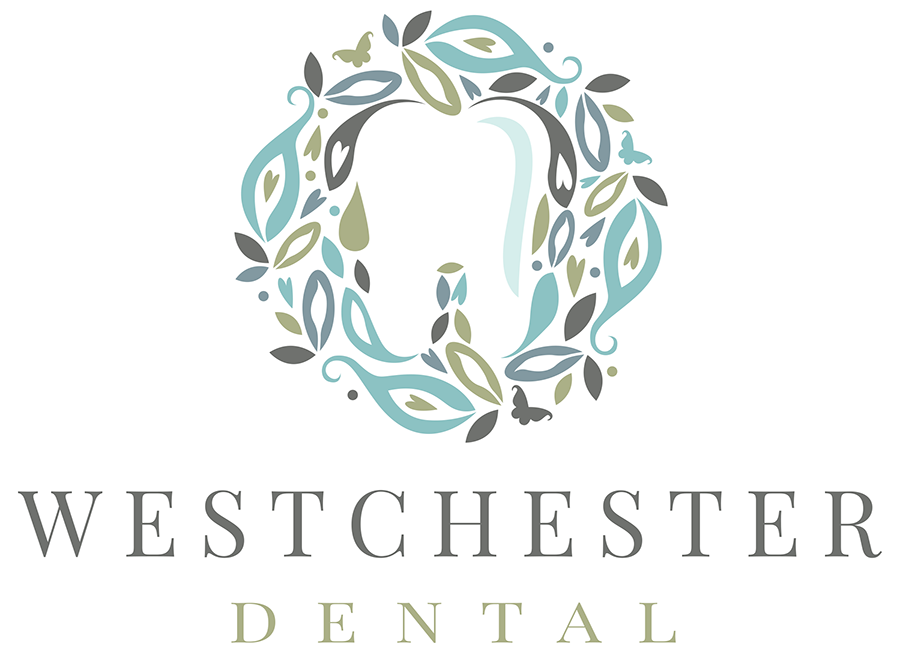When you have pain in your jaw and it is in the temporomandibular joint (TMJ), it is time to see the dentist. Dentists specialize in treating problems with the teeth, oral cavity, and jaw. In many cases, a dysfunction in the jaw joint is referred to as temporomandibular disorders or TMD, and they can often be solved by non-surgical methods that the dentist can provide.
Symptoms of TMJ
When you have a problem with the temporomandibular joint, you will likely notice some of the following symptoms:
- Pain in the jaw while chewing
- Tenderness or pain in your jaw
- Pain in one or both of your TMJs
- Locking of the joint, or limited movement
- Clicking or grating sound when opening your mouth or chewing.
Why TMJ Problems Occur
There are several reasons why problems with the TMJ may occur. They include:
- The cartilage in the joint is damaged – possibly by arthritis
- The joint has been damaged by a blow
- The disk has been moved out of alignment
The Diagnosis
The first part of the exam will likely be getting an x-ray of your jaw. There may also be a problem with your teeth that could be causing it, and an x-ray will reveal it. Other scans may also be necessary, such as CT scans and an MRI, if a more detailed analysis is desired. An arthroscopic inspection may also be used, which uses a tiny camera, and will give the dentist a detailed view of the joint from inside.
If other problems also exist, the diagnosis will involve further investigation. You may also have headaches, earaches, toothaches, dizziness, ringing in the ears, and more.
Treatment Options
When TMJ problems occur, there are both non-surgical and surgical options. Treatment always depends on the exact nature of the problem, but some non-surgical options may be tried first. Sometimes, TMJ difficulties will often disappear over time.
Non-surgical Treatments
- Medication – If over-the-counter pain relievers (NSAIDs) are insufficient, the dentist may prescribe some stronger ones. It will also include anti-inflammatory medications. Muscle relaxants and other medications may also be used.
- Therapy – Several types of therapy may be recommended as well. These may include physical therapy, which may be used to strengthen jaw muscles, as well as treating the joint with heat, ice, or ultrasound. Mouth guards or oral splints may also be used. Counseling may also be recommended to help you avoid issues and behavior that aggravates the pain.
Surgical Treatments
Several surgical options are available. These may include the injection of corticosteroids or Botox; flushing debris and inflammation out of the joint (arthrocentesis); arthroscopic surgery – conducted through a small tube; or open-joint surgery – which may include joint replacement.
We can also help you get crowns, and other cosmetic dentistry services to give you a great smile. In order to get more information or to set up an appointment, just call our office at (914) 732-3377.

